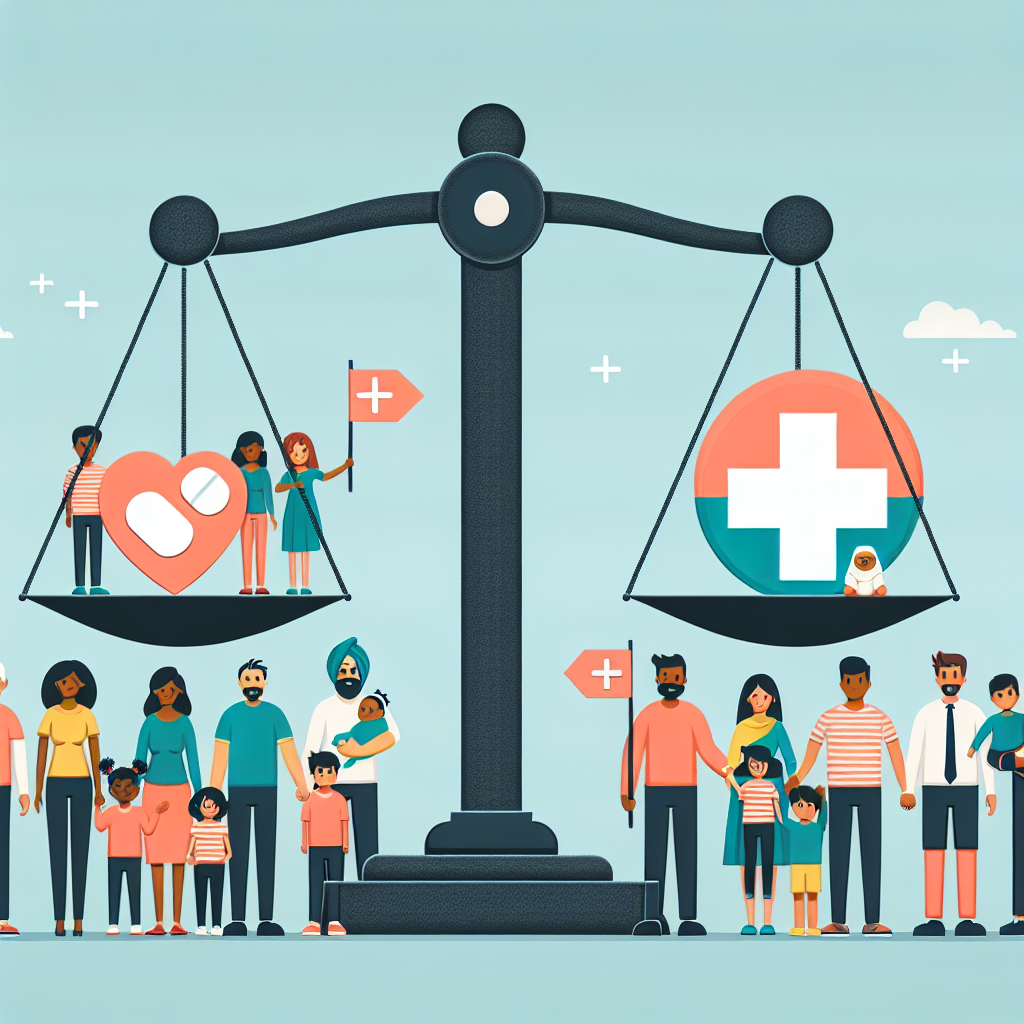Filed under Health Insurance on
Understanding Health Insurance During Workers' Comp

When dealing with a workplace injury, navigating the intricate processes of workers' compensation and health insurance can be challenging. Many individuals often find themselves puzzled about how these systems work together or independently to provide medical coverage and financial support following an injury. Understanding the roles that both health insurance and workers' comp play is crucial for employees, employers, and healthcare providers alike.
What is Workers' Compensation?
Workers' compensation, often abbreviated as workers' comp, is a state-mandated insurance program that provides benefits to employees who are injured or become ill due to their job. It generally covers medical expenses, rehabilitation costs, and a portion of lost wages. The core aim of workers' compensation is to ensure that employees receive prompt medical care and financial support without having to sue their employer.
Understanding Health Insurance During Workers' Comp
Health insurance and workers' compensation serve different purposes, but they can interact with one another during the process of recovery from a work-related injury. While workers' comp is responsible for covering medical costs related to workplace injuries, health insurance may still play a role, particularly when disputes arise or when specific treatments are not covered by workers' comp.
The Differences and Overlaps
It is essential to understand the differences between these two forms of insurance:
- Scope of Coverage: Workers' comp exclusively covers work-related injuries or illnesses. In contrast, health insurance covers a wide range of health issues, including non-work-related injuries and illnesses.
- Payment and Approval: With workers' comp, the employer or its insurance carrier directly pays healthcare providers, but with health insurance, the employee may be responsible for co-pays or other fees, depending on the plan.
- Legal and Regulatory Framework: Workers' comp is guided by state-specific laws, whereas health insurance is governed by federal and state regulations such as the Affordable Care Act.
When Health Insurance Steps In
There are instances where health insurance might become relevant during a workers' comp claim:
- Delayed or Denied Claims: If a workers' comp claim is denied or delayed, health insurance might provide interim coverage, ensuring that the employee continues to receive necessary medical treatment until the issue is resolved.
- Treatment Not Covered by Workers' Comp: Sometimes, workers' compensation might not cover certain treatments or specialists. In such cases, health insurance can offer coverage for these additional medical needs.
- Secondary Insurance: In scenarios where workers' comp has paid its share but there are remaining medical expenses, health insurance can act as secondary coverage, potentially picking up the tab for those additional costs.
Real-Life Example
Consider a case where an employee, John, slips in his workplace's warehouse and injures his back. John's immediate medical expenses are covered by his employer's workers' comp insurance. However, John later discovers that he requires a specific physical therapy treatment not covered under the workers' comp plan. In this situation, John's health insurance can step in to cover the cost of this therapy, allowing him to continue his recovery without incurring out-of-pocket expenses.
Practical Steps to Take
Navigating health insurance during a workers' comp claim can be a bit complex. Here are some practical steps to simplify the process:
- Notify Your Employer Immediately: Report your injury to your employer as soon as it occurs. This sets the necessary wheels in motion to file a workers' comp claim promptly.
- Keep Documentation Handy: Maintain a detailed record of all medical consultations, treatments, and related expenses. This documentation is vital for both workers' comp and health insurance claims.
- Understand Your Coverage: Familiarize yourself with the specifics of your health insurance plan to know what is covered and what is not. This understanding helps in making informed decisions if workers' comp coverage is insufficient.
- Communicate with Your Insurers: Regularly engaging with both your workers' comp and health insurance providers can help you ensure cohesive handling of your case. Clear communication prevents overlaps and ensures all responsibilities are appropriately managed.
- Seek Legal Advice if Necessary: If there is a dispute with either insurance provider, consulting with a legal professional specializing in workers' compensation might be necessary to protect your rights and interests.
FAQs
1. Can I claim workers' comp and use my health insurance simultaneously?
Typically, workers' comp is the primary form of coverage for work-related injuries. However, you may use your health insurance for treatments not covered by workers' comp or while waiting for a claim decision.
2. What if my workers' comp claim is denied?
If your workers' comp claim is denied, you can rely on your health insurance for necessary medical treatments. It's also advisable to appeal the denial with proper legal aid.
3. Are there any treatments that workers’ comp does not cover?
Workers' comp may not cover treatments considered non-essential or experimental. In such cases, your health insurance may provide coverage.
4. How can I ensure that my health insurance covers my medical bills adequately?
Stay informed about the specifics of your health insurance policy. Communicating proactively with your insurer, and your healthcare provider can help align your coverage with your medical needs.
5. What is the role of my employer in a workers' comp claim?
Your employer is responsible for initiating the workers' comp claim process. They must also provide necessary documentation and support to facilitate your recovery and claim approval.
In conclusion, understanding the dynamics between health insurance and workers' compensation is vital for anyone navigating a workplace injury. By being informed and prepared, you can effectively manage your recovery, ensuring financial support and access to necessary medical care.





